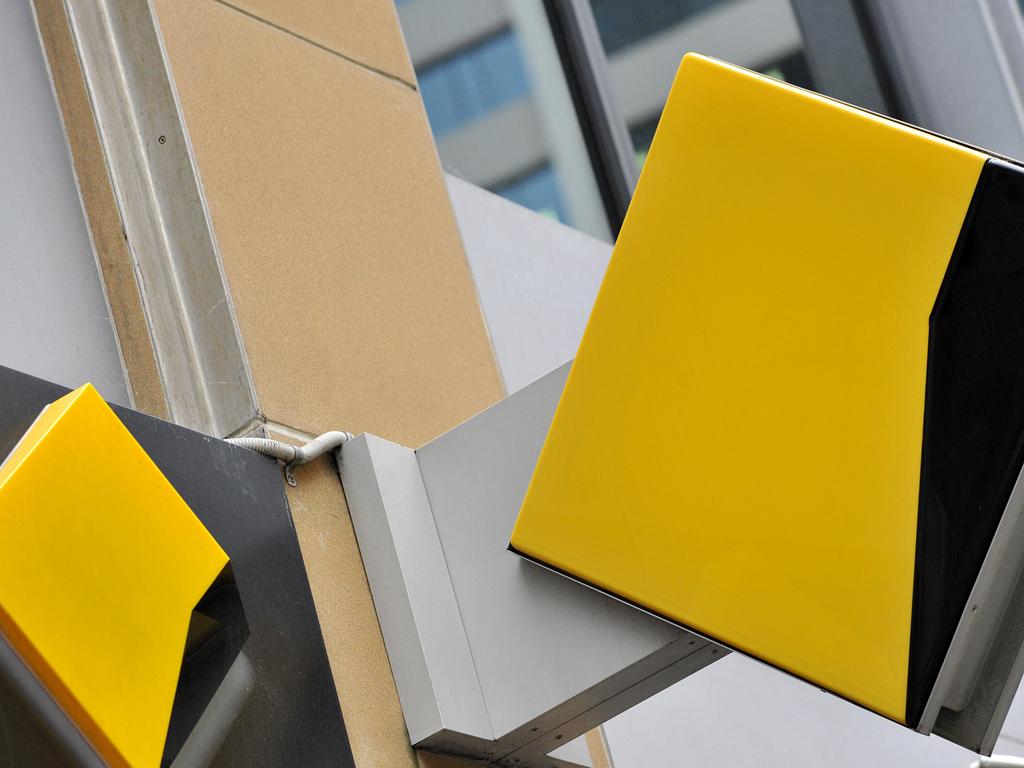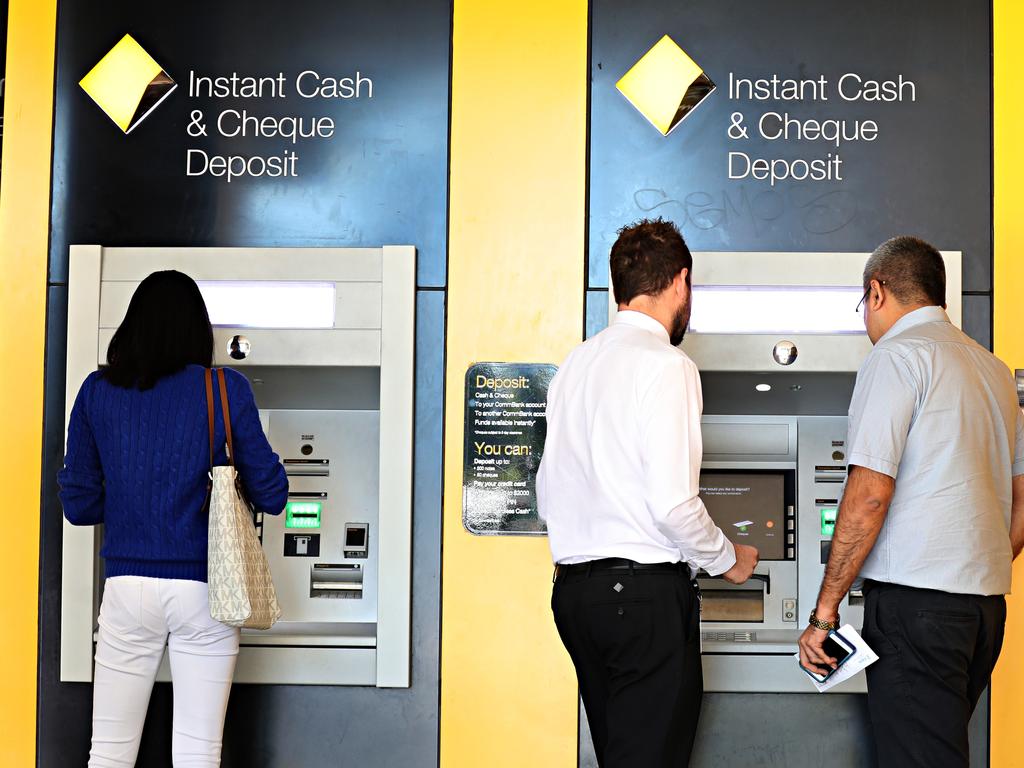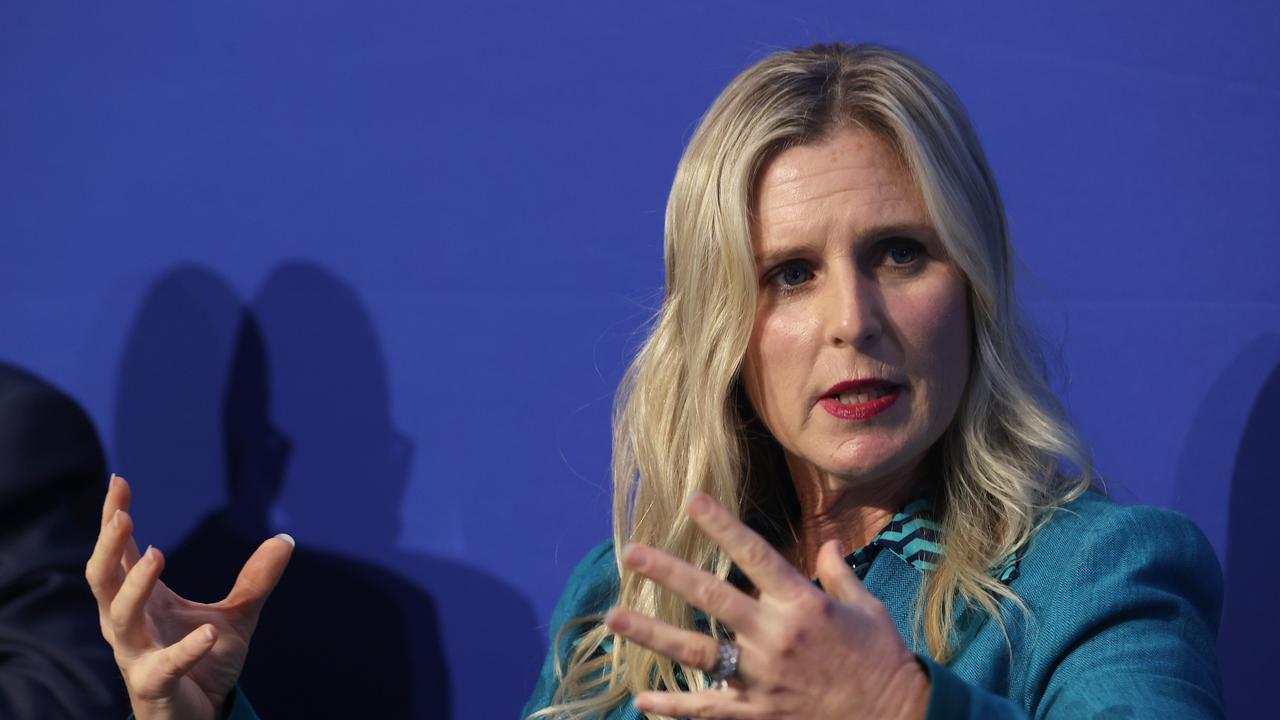NAB quarterly cash earnings slip 7pc, outlook ‘highly uncertain’
NAB sees cash earnings fall but its boss says the psychological toll of Melbourne’s lockdown is exceeding the financial damage.
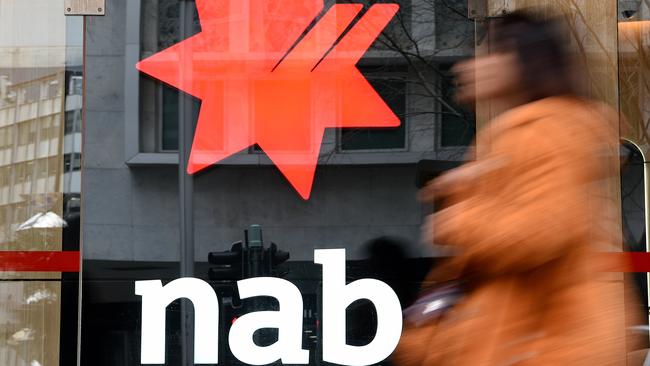
The psychological toll on Melbourne from its strict, stage four lockdown is exceeding the financial cost, according to National Australia Bank chief executive Ross McEwan.
Announcing a seven per cent decline in third quarter cash earnings to $1.55bn compared to a year ago, Mr McEwan cited early signs of a “modest” deterioration in credit quality and an outlook which remained “highly uncertain”.
Customers and staff, however, were suffering from the August 2 imposition of tough new restrictions on the nation’s second biggest city, amid a spike in new COVID-19 infections.
“It’s been more psychologically damaging than financially at this point in time,” the NAB chief said on a media call.
“Our colleagues and customers thought they were coming out of it and all of a sudden we’re back in quite a terrible situation with high levels of infection and an horrific number of deaths.
“(Staff) are dealing with businesses all day and every and it’s difficult for them; these are strong relationships they’ve had for years and they’re seeing customers through no fault of their own having difficulty.”
While 16 per cent of home loan deferrals had resumed repayments after recent check-ins, many customers still faced an uncertain future and providing further credit “won’t always be the right thing to do”.
Commonwealth Bank chief executive Matt Comyn said on Wednesday that the majority of the bank’s home loan customers were in a position to resume their repayments in full.
Mr McEwan said the divergence between the two banks was probably explained by NAB’s decision to prioritise riskier customers in its review process.
Overall, he said, the quarterly result reflected the current operating environment, which was characterised by volatile markets, subdued credit demand, low interest rates, cost pressures and deteriorating asset quality.
“We have a clear plan for NAB and we are getting on with it, including quickly embedding our new operating model and creating clear accountabilities,” the NAB boss said.
“We are investing in our colleagues and executing fewer, more important projects.
“This will make a real difference as to how well we serve customers and drive sustainable performance.”
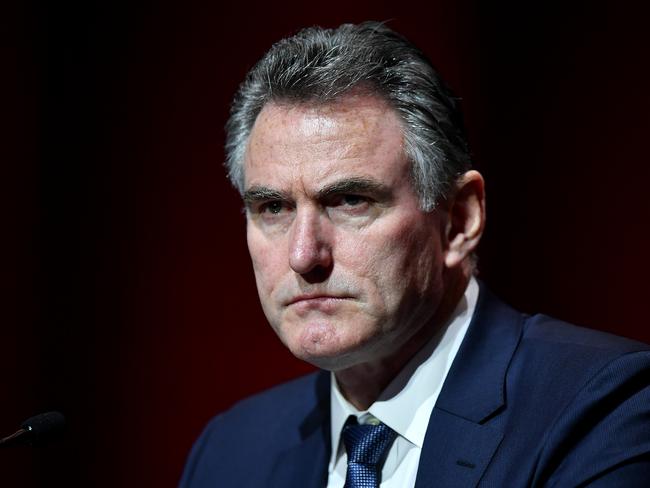
On the outlook, Mr McEwan said Australia would “get going again” in 2022, with the economy at a similar level to where it was at the end of 2019.
In the meantime, the number of deferred home loans declined from 96,000 worth $38bn in May (12.7 per cent of total home lending) to 92,000 worth $37bn (12.3 per cent) in June.
About 24,000, or 40 per cent of customers, were contacted by August 5, with activity to accelerate through this month.
NAB said there had been only a small increase in new deferral requests in Victoria.
Deferral balances in business loans continued to increase, up from 39,000 loans worth $20bn in May (15.2 per cent of total business lending) to 41,000 loans worth $21bn (15.8 per cent) in June.
NAB said 47 per cent of deferred customers were receiving JobKeeper payments, with 28 per cent of deferral balances relating to Victoria, including 23 per cent which relate to the Melbourne stage four restriction zone.
On asset quality of the overall lending book, the bank said the arrears profile for deferral customers was frozen at the date of deferral, but new impaired assets were running at a higher rate in the third quarter than in recent history.
Referral of loans to the watch list was generally triggered by banker annual reviews through the year as a result of cashflow pressures.
After its recent $4.25bn capital raising, NAB finished the quarter in a strong capital position, with its common equity tier one capital ratio increasing from 10.39 per cent in March to 11.56 per cent at June 20.
Compared with the quarterly average in the first half and excluding notable items, cash earnings increased 24 per cent.
Revenue rose 10 per cent, reflecting higher markets and treasury income, and the net interest margin was broadly stable.
Expenses rose two per cent, mainly due to higher annual leave accruals and remuneration.
NAB said achievement of its flat expenses target in 2020 would be increasingly challenging, reflecting extra customer support and workout resources.


